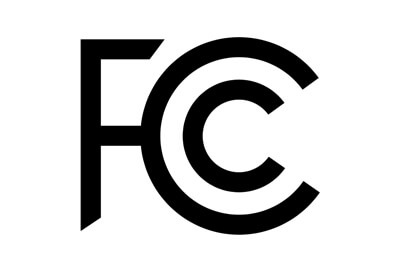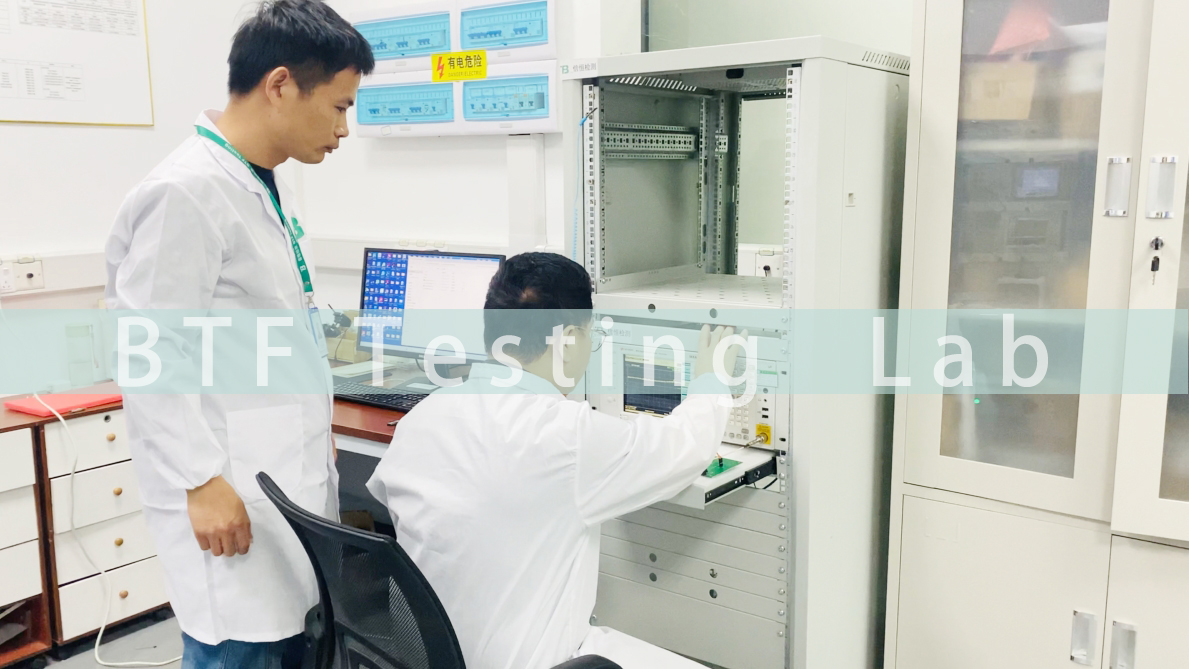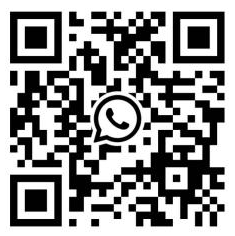
FCC certification
① The role of FCC certification is to ensure that electronic devices do not interfere with other devices during use, ensuring public safety and interests.
② The concept of FCC: FCC, also known as the Federal Communications Commission, is an independent agency of the United States federal government. It is responsible for regulating and managing wireless communication, telecommunications, broadcasting, and cable television in the United States. The FCC was established in 1934 with the aim of promoting and maintaining effective management of radio communication, rational allocation of spectrum, and compliance of electronic devices. As an independent institution, the FCC is legally independent from other government agencies in order to better fulfill its responsibilities and missions.
③ FCC's Mission: The FCC's mission is to safeguard the public interest, maintain the communication infrastructure of the United States, and promote innovation and development in information and communication technology. To achieve this mission, the FCC is responsible for formulating and implementing relevant regulations, policies, and provisions to ensure the quality, reliability, and compliance of communication services and equipment. By regulating the communication industry, the FCC is committed to safeguarding public interests, protecting consumer rights, and promoting the development of communication infrastructure nationwide.
④ The responsibilities of the FCC: As the communication regulatory agency of the United States, the FCC undertakes multiple important responsibilities:
1. Spectrum Management: The FCC is responsible for managing and allocating radio spectrum resources to ensure their rational and efficient utilization. Spectrum is the foundation of wireless communication, which requires reasonable allocation and management to meet the needs of different communication services and devices, and to prevent spectrum interference and conflicts. 2. Telecommunications regulation: The FCC regulates telecommunications service providers to ensure that their services are fair, reliable, and reasonably priced. The FCC formulates rules and policies to promote competition, protect consumer rights, and monitor and review the quality and compliance of related services.
3. Equipment compliance: The FCC requires radio equipment sold in the US market to comply with specific technical standards and requirements. FCC certification ensures the compliance of devices under normal usage conditions to reduce interference between devices and protect the safety of users and the environment.
4. Broadcasting and Cable TV Regulation: The FCC regulates the broadcasting and cable TV industry to ensure diversity of broadcasting content, compliance with cable TV broadcasting content licensing and access, and other aspects.
FCC certification is a mandatory EMC certification in the United States, mainly aimed at electronic and electrical products ranging from 9KHz to 3000GHz. The content covers various aspects such as radio, communication, especially radio interference issues in wireless communication equipment and systems, including radio interference limits and measurement methods, as well as certification systems and organizational management systems. The purpose is to ensure that electronic devices do not cause interference with other electronic devices and comply with the requirements of US laws and regulations.
The meaning of FCC certification is that all electronic devices imported, sold, or provided to the US market must comply with FCC certification requirements, otherwise they will be considered illegal products. Will face penalties such as fines, confiscation of goods, or prohibition of sales.

FCC certification cost
Products subject to FCC regulations, such as personal computers, CD players, copiers, radios, fax machines, video game consoles, electronic toys, televisions, and microwaves. These products are divided into two categories based on their usage: Class A and Class B. Class A refers to products used for commercial or industrial purposes, while Class B refers to products used for household purposes. The FCC has stricter regulations for Class B products, with lower limits than Class A. For most electronic and electrical products, the main standards are FCC Part 15 and FCC Part 18.

FCC testing
Post time: May-16-2024










